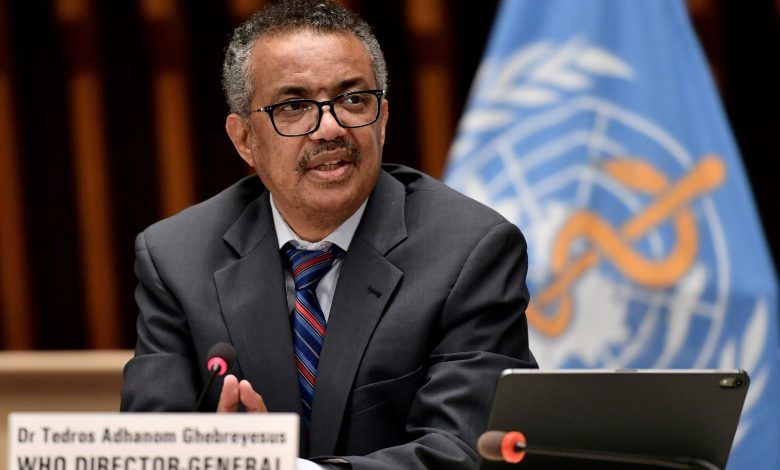Deadly Attacks in Sudan’s Darfur ‘Shocking’ – W.H.O

The World Health Organization (WHO) has expressed deep concern over recent attacks in Sudan’s conflict-ridden Darfur region, which have resulted in dozens of deaths and hundreds of injuries.
WHO Director-General Tedros Adhanom Ghebreyesus described the attacks, particularly one in Kabkabiya, North Darfur, as “shocking,” noting that at least 80 people were killed and many more injured. He offered condolences to the affected communities in Sudan.
The pro-democracy group, Emergency Lawyers, reported an even higher toll from Monday’s airstrike on Kabkabiya, located about 180 kilometers (112 miles) west of El-Fasher, the state capital that has been under siege by the paramilitary Rapid Support Forces (RSF) since May. The group, which monitors human rights abuses, stated that the airstrike hit the town’s weekly market, where people from surrounding villages had gathered, resulting in over 100 deaths and hundreds of injuries, including among women and children.
These attacks were part of a broader wave of violence this week, in which at least 176 people were killed over two days in strikes by both the army and the RSF across Sudan. Both groups, which have been engaged in a civil war since April 2023, are accused of indiscriminately targeting civilians and bombing residential areas.
The ongoing conflict has caused the deaths of tens of thousands and displaced 12 million people. Nearly nine million of the displaced are within Sudan, residing in areas with severely damaged infrastructure and facing the threat of widespread starvation. The United Nations reports that nearly 26 million people—about half of Sudan’s population—are experiencing acute hunger.
Darfur, a region the size of France, is home to a quarter of Sudan’s population but more than half of its displaced people. The RSF controls much of Darfur, as well as large parts of southern Kordofan and central Sudan, while the army retains control of the north and east of the country.
Tedros warned that health facilities in Darfur are struggling to meet the needs of the population, with many facilities facing non-functional equipment and shortages of medical supplies. He noted that the WHO had managed to deliver trauma and surgical supplies earlier this month to help treat the injured and prevent further loss of life.





